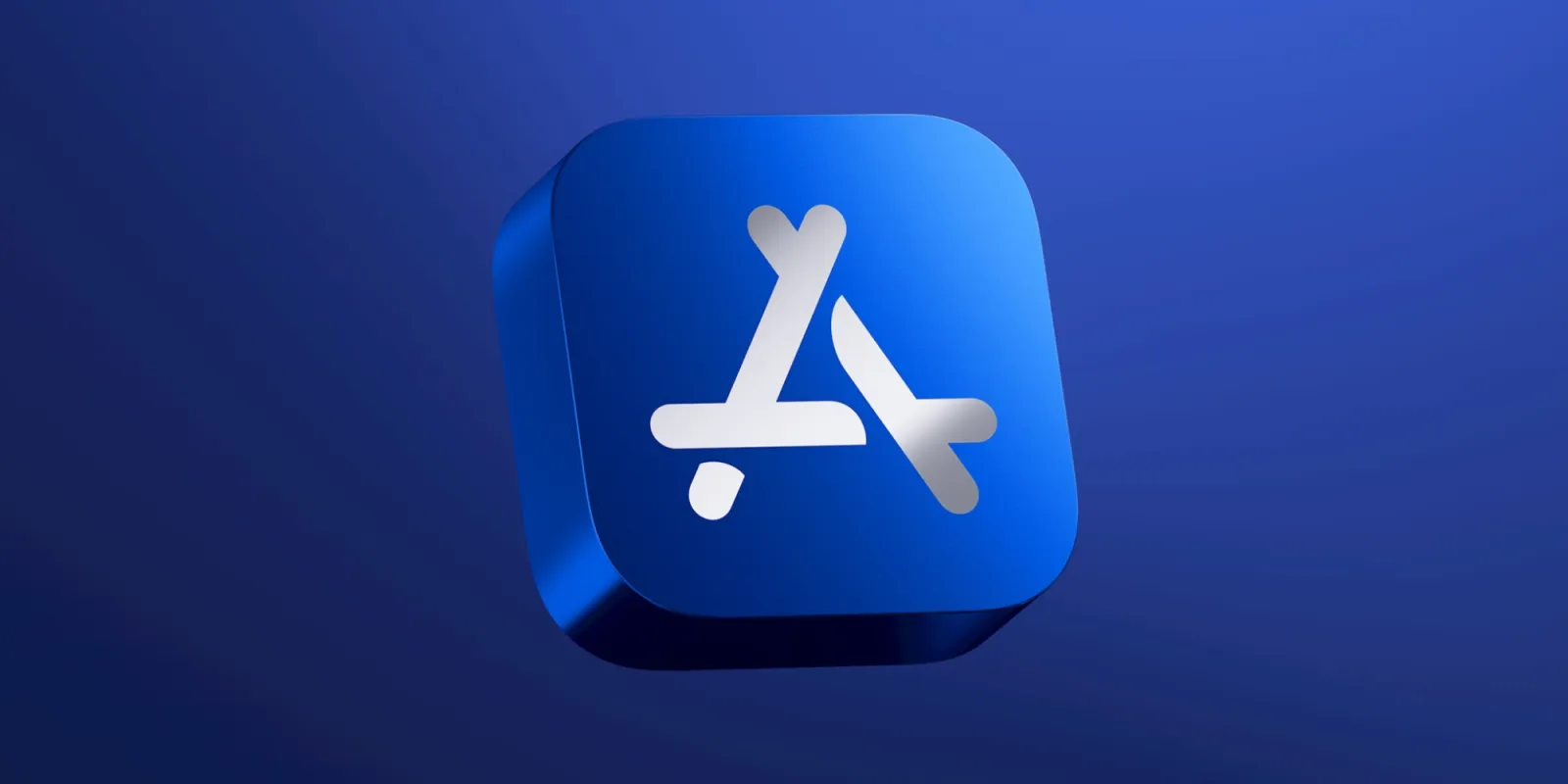In a significant shift for iOS users in the European Union (EU), Apple has announced plans to permit direct app downloads from websites, stepping away from its longstanding App Store-exclusive model. This decision is part of Apple’s effort to comply with the EU’s Digital Markets Act (DMA), aimed at fostering competition and giving consumers more choices.
Key Highlights:
- iOS 17.4 Release: Apple introduced iOS 17.4, paving the way for third-party app stores and direct website downloads in the EU.
- Developer and User Benefits: The update offers expanded app analytics, new APIs, and functionalities for alternative browser engines.
- Security Measures: Apple introduces notarization requirements for all apps, aiming to maintain user safety amid the new open environment.
- Fees and Commissions: A Core Technology Fee will be implemented for developers, with most seeing reduced or maintained fees due to these changes.
Understanding Apple’s Strategic Shift
Apple’s announcement marks a pivotal change in its app distribution policy, exclusively mandated by the EU’s regulatory environment. It’s a response to the Digital Markets Act, which encourages digital market openness and competition. This change means that, for the first time, iPhone and iPad users in the EU can download apps from third-party stores or directly from websites, besides the traditional App Store route.
Developer Implications and Security Measures
For developers, this opens new avenues for app distribution and potentially reaches users directly without going through the App Store. However, it comes with a caveat. Every app, irrespective of its distribution channel, must meet Apple’s notarization requirements. This process involves accuracy, functionality, safety, security, and privacy checks to ensure that apps do not compromise user experience.
Additionally, developers can leverage more than 600 new APIs, expanded app analytics, and functionalities for alternative browser engines. This broad range of tools and options aims to maintain the high-quality user experience Apple is known for.
Economic Impact and Fees
Economically, the shift could alter the revenue dynamics for developers. Apple has introduced a “Core Technology Fee” of €0.50 for each first annual install per year over a 1 million threshold, which is expected to affect less than 1% of developers. This change is designed to offset the costs associated with providing developers with the necessary tools and APIs for app distribution and analytics.
User Experience and Security
From the user’s perspective, the transition to allowing apps from outside the App Store raises concerns about security and privacy. Apple is addressing these concerns by implementing a series of protections, such as app notarization and authorization for marketplace developers. Users will have the ability to manage and remove marketplace apps and developers, ensuring they can maintain control over their device’s security.
Apple’s adaptation to the EU’s Digital Markets Act represents a landmark change in its operating model, potentially setting a precedent for other regions. While this opens new possibilities for developers and users alike, it also introduces challenges in maintaining the balance between openness and security. As these changes roll out with iOS 17.4 in March 2024, the tech world will closely watch the impact on the app ecosystem in the EU and possibly beyond.



















